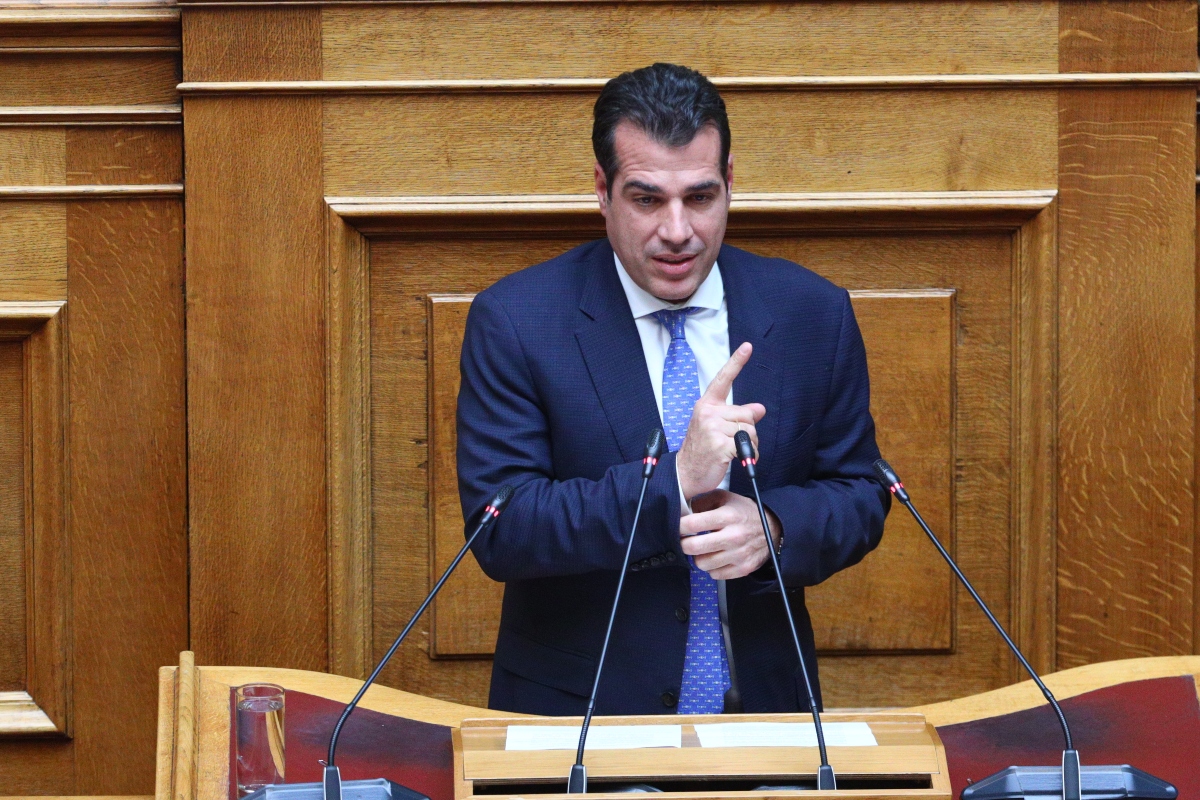Sweeping Changes to Asylum Benefits
Minister of Migration and Asylum, Thanos Plevris, is implementing radical reforms in support programs for asylum seekers, aiming for more efficient resource allocation, transparency, and the promotion of employment and Greek language proficiency.
The policy emphasizes transitioning from welfare-based support to practical training programs, enabling asylum seekers to gain autonomy and professional skills rather than relying on state subsidies.
Reduced Expenditures and “Cuts” in Food and Financial Aid
The plan includes:
- 30% reduction in food and operational costs of reception centers, lowering expenditures from €400 million to €288 million over two years.
- Termination of the HELIOS program, which subsidized housing for asylum seekers, redirecting funds to vocational training and Greek language education.
- Up to 50% reduction in financial aid, providing only essential support as defined by European standards.
Minister Plevris stated:“This strategy aims to maximize savings and transparency in procurement processes, while curbing a subsidy-driven policy that does not provide long-term solutions.”
Housing Freed Up, Emphasis on Employment
One of the most notable changes concerns HELIOS apartments in central Athens. These units will be made available again for city residents, while asylum seekers will now have the opportunity for employment and integration through education, rather than rent subsidies.
The Minister explained: “Anyone granted asylum in Greece will no longer live off benefits. They will have the opportunity to work, integrate socially, and acquire skills for a sustainable future.”
This move not only ensures public resource efficiency but also promotes self-sufficiency and social integration of refugees.
Centralized Procurement for Centers and Services
Additionally, the Ministry of Migration has assigned the Hellenic Corporation of Assets and Participations (HCAP) to handle all tenders for food, cleaning, security, and technical support of reception facilities.
The goal is effective fund allocation, increased transparency, and minimizing waste, addressing one of Greece’s most critical social issues.
Plevris emphasized:“This strategy serves the Ministry’s doctrine: resources for asylum seekers will now go toward employment and education, not a purely benefits-driven policy.”
